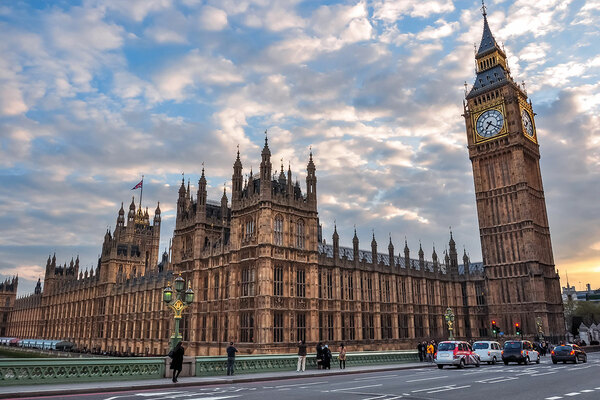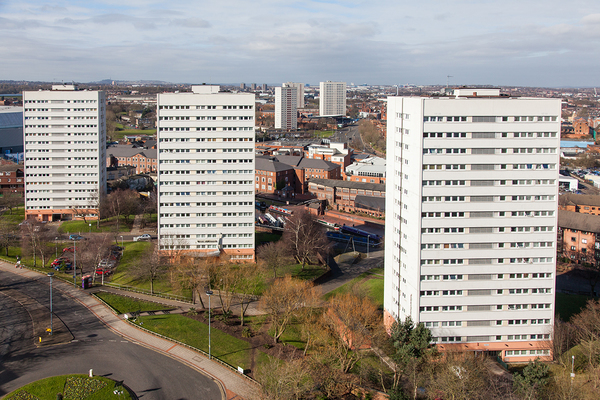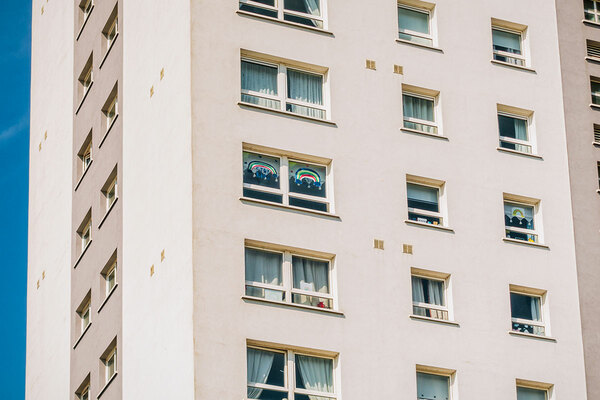Government extends time limit for leaseholders to sue developers over building safety defects
Leaseholders facing building safety remediation costs will be able to seek legal action for homes built up to 15 years ago, the government has announced.
Publishing the Building Safety Bill today, the government said it is more than doubling the amount of time, from six to 15 years, that residents can seek compensation for sub-standard construction work.
Whitehall said the changes will apply retroactively so residents of a building completed in 2010 would be able to sue developers until 2025.
The government’s flagship post-Grenfell legislation will also contain measures to protect leaseholders from extortionate remediation bills by ensuring a legal requirement for building owners to explore alternative ways to meet remediation costs before passing them onto leaseholders. Building owners will also have to provide evidence that this has been done.
The legislation also confirmed the creation of a new Building Safety Regulator, first announced in the draft bill last summer.
The government has said that the new measures in the bill, which is likely to be published in full this afternoon will:
- Ensure there are clearly identified people responsible for safety during the design, build and occupation of a high-rise residential building
- Establish a Building Safety Regulator to hold to account those who break the rules and are not properly managing building safety risks, including taking enforcement action where needed
- Give residents in these buildings more routes to raise concerns about safety, and mechanisms to ensure their concerns will be heard and taken seriously
- Extend rights to compensation for substandard workmanship and unacceptable defects
- Drive the culture change needed across the industry to enable the design and construction of high-quality, safe homes in the years to come
Developers will also be required to join and remain members of the New Homes Ombudsman scheme. Those that fail to meet this requirement may receive additional sanctions.
Building safety minister Lord Greenhalgh said: “Although the overall risk of fire across all buildings remains low, we can’t be complacent – the more robust regime will take a proportionate and risk-based approach to remediation and other safety risks.
“And by increasing our measures of enforcement, we will make sure industry follows the rules – and is held to account when it doesn’t.”
Sign up for our daily newsletter
Already have an account? Click here to manage your newsletters












